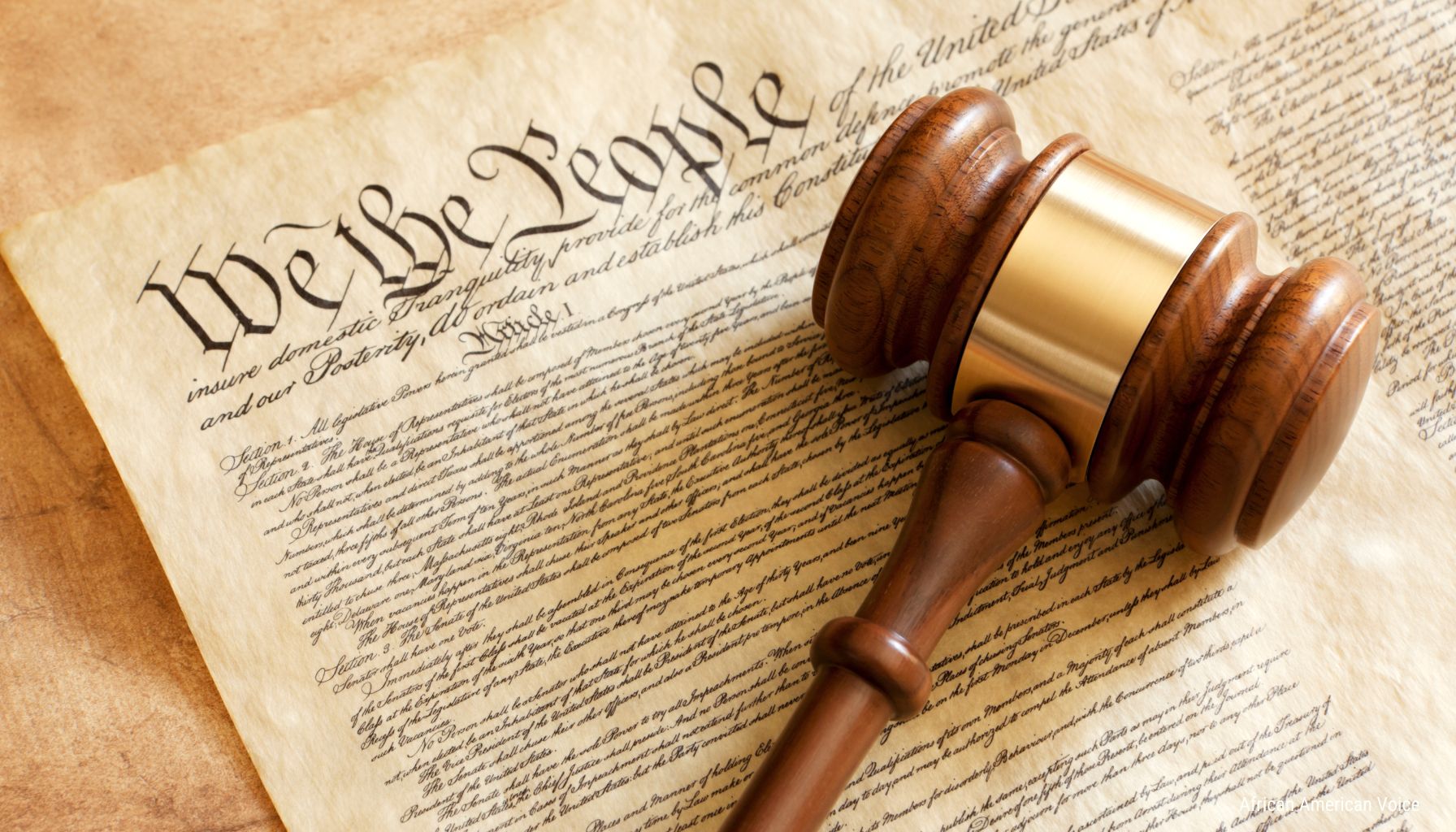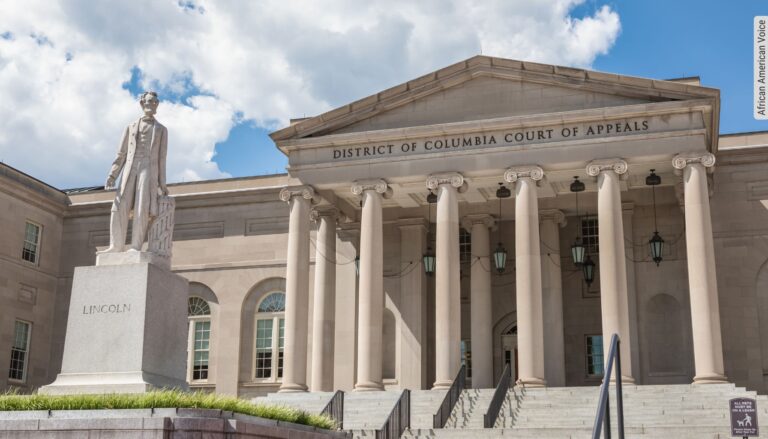
“How did you go bankrupt?” Bill asked. “Two ways,” Mike said. “Two ways: gradually and then suddenly.” “What brought it on?” Bill asked. “Friends,” said Mike. “I had a lot of friends. False friends.” — Ernest Hemingway’s “The Sun Also Rises”
The United States Constitution is a very interesting and powerful document. There have been some very harsh critiques of the Constitution and many of them are well deserved. However, in the context of governing, it is a brilliantly designed and well-written document.
The Constitution created an indirect democratic republic. It allows citizens to vote for representatives who are supposed to make decisions, policies and laws based upon the interests of those they represent. The framers of the Constitution created three co-equal branches of government: the legislative (lawmaking), executive (law enforcing) and judiciary (law interpreting) – a unique structure of government known as the separation of powers. Each branch is constitutionally obligated to operate as an independent element within its own delineated sphere of power. Even though the branches are co-equal, the legislative branch is considered the most important. It is the first of the three listed and is considered to be the branch of government that is closest to “We the People.”
The other unique element of this constitutional structure is called checks and balances. James Madison wrote in Federalist No. 51, “Ambition must be made to counteract ambition.” Like overlapping or concentric circles, the individual branches of government are granted specific powers. They are designed to check the powers of the other branches, preventing no one branch from accumulating excessive power over the others.
This structure was a great idea in theory and has worked fairly well for approximately the first 220 of the past 237 years since the Constitution was ratified. For the sake of this analysis, I will use Republicans’ reaction to the election of former President Barack Obama as the beginning of the slow failure of America’s representative democracy.
Newton’s Third Law of Motion states that for every action, there is an equal and opposite reaction. While over 1.8 million people gathered on the National Mall in Washington, D.C., to witness American history in the making, as then-Sen. Barack Obama was sworn in as the first Black president, senior members of the Republican leadership were meeting at the Caucus Room restaurant only a few blocks away. The purpose of the meeting was to plan the resistance to President Obama and the Democrats by agreeing to “challenge them on every single bill and challenge them on every single campaign.” Their reaction to the election of the first Black president, in a nutshell, was to become obstructionists. They chose to neither work collegially nor in the best interest of the American people. Democracy fails in the same manner as going bankrupt; it happens gradually, then suddenly.
The Republicans decided to ignore the mandate delivered by the American people, for what they saw as the very limited interest of the power of the Republican party. At the time, some may have viewed this as “politics as usual,” but I believe it was the beginning of the gradual decline of American democracy.
From the election of Obama came the rise of the Tea Party movement. At that time, Rep. Tom Tancredo was shouting, “We want our country back,” and he called for the abolition of the Congressional Black Caucus. He chanted the anti-immigrant tirade, “Bring your tired, your poor, your huddled masses yearning to breathe free: They’re coming here to kill you, and you, and me, and my grandchildren.” According to a NAACP report, Tea Party-affiliated groups “have given platform to anti-Semites, racists and bigots” and have attracted white nationalists looking for recruits. In the 2010 election, the Tea Party picked up 62 seats in Congress. Many consider the Tea Party as the precursor to Trump’s MAGA movement.
Who can forget in 2009 when Rep. Joe Wilson (R-S.C.) violated congressional decorum and shouted “You lie” at President Barack Obama during a speech to Congress? We recall in March of 2010 as Tea Party demonstrators outside the U.S. Capitol shouted “nigger” at U.S. Rep. John Lewis (D-Ga.), spat upon Rep. Emanuel Cleaver (D-Mo.) and called Rep. Barney Frank (D-Mass.), an openly gay member of Congress, a “faggot.”
Those Tea Party racists, bigots and white nationalists referenced in the NAACP report became Trump’s MAGA Proud Boys and Oath Keeper insurrectionists, who, on January 6, 2021, stormed the Capitol to prevent the peaceful transfer of power. As all of this was occurring, the Republican elite such as Sens. McConnell and Graham sat idly by and allowed this racist cancer to spread.
In 2017, then-Rep. Steve King (R-Iowa) conjured up his inner Chief Justice Roger Taney of Dred Scott infamy and tweeted, “culture and demographics are our destiny … We can’t restore our civilization with somebody else’s babies.” The “our” civilization being at risk from “somebody else’s babies” reference was a deliberate reference to the debunked white-nationalist great replacement theory. Again in 2017, echoing the language of Tancredo from 2010 and King, Steve Bannon (the Trump whisperer) told the Conservative Political Action Conference, “If you think they’re going to give you your country back without a fight, you are sadly mistaken.” Bannon went on to describe the Trump agenda as the “deconstruction of the administrative state.”
These are a few examples of how American politics has become tribalized, myopic and hyper-partisan, resulting in the rise of Donald Trump and the constitutional crisis that America finds itself engrossed in today.
What did Americans think Bannon meant by the “deconstruction of the administrative state?”? It’s a constitutional crisis! Trump and his minions believe in the “unitary executive theory,” a once-fringe legal theory which asserts that the president has unlimited power to control the actions of the 4 million people who make up the executive branch. Forget “checks and balances.” Disregard Federalist Paper No. 51 and “ambition must be made to counteract ambition.” Ignore co-equal branches of government. A major part of this deconstruction was aided and abetted by the Supreme Court ruling that a president is at least presumptively immune from criminal liability for his official acts and is absolutely immune from the “core” of them.
This is how America gets to President Trump ignoring his oath of office to “… support and defend the Constitution of the United States against all enemies, foreign and domestic.” This is how an American president can ignore the constitutionally protected rights of “birthright citizenship” and “due process.” This is how America gets a so-called “border czar” in Tom Homan who ignores checks and balances and says, “I don’t care what the judges think.” This is how an American president ignores the Emoluments Clause and accepts the apparent bribe of a $400 million aircraft from Qatar. This is how a country goes from a president to a dictator. No longer governing by the rule of law but dictating via fiat.
But the constitutional crisis and the erosion of American democracy cannot happen without the consent (either explicit or implicit) of Congress and the minority party. Republican members of the House and the Senate, those elected representatives (“false friends” per Mike in “The Sun Also Rises”) have abdicated their responsibility to be the check and balance on the executive branch.
Instead of being the “minority party,” Democrats should be acting as the opposition party and screaming at the top of their voices every day about the crimes being committed by the executive branch. President Obama should not have allowed Sen. McConnell (R-Ky.) to bully him into not nominating Merrick Garland to the Supreme Court. Democrats should be opposed to genocide in Gaza, the war in Ukraine, the attempted re-invasion of Haiti, and the rhetorical attacks on President Traore in Burkina Faso, but they are complicit in these crimes as well.
Mike’s reference to “gradually, then suddenly” refers to the idea that events, especially significant ones such as the decline of democracy in America, can appear to happen all at once (as in, blame it on Trump), but actually are the result of a slow accumulation of smaller changes over time.
The story goes, in 1787 during a break of the Constitutional Convention, a lady asked Benjamin Franklin, “Well, Doctor, what have we got — a republic or a monarchy?” Franklin replied, “A republic, if you can keep it.”
American democracy is failing in the same manner one falls into bankruptcy. Trump is not the cause, he’s the culmination.
Dr. Wilmer Leon is a nationally broadcast radio talk-show host.
Source: Published without changes from Washington Informer Newspaper








